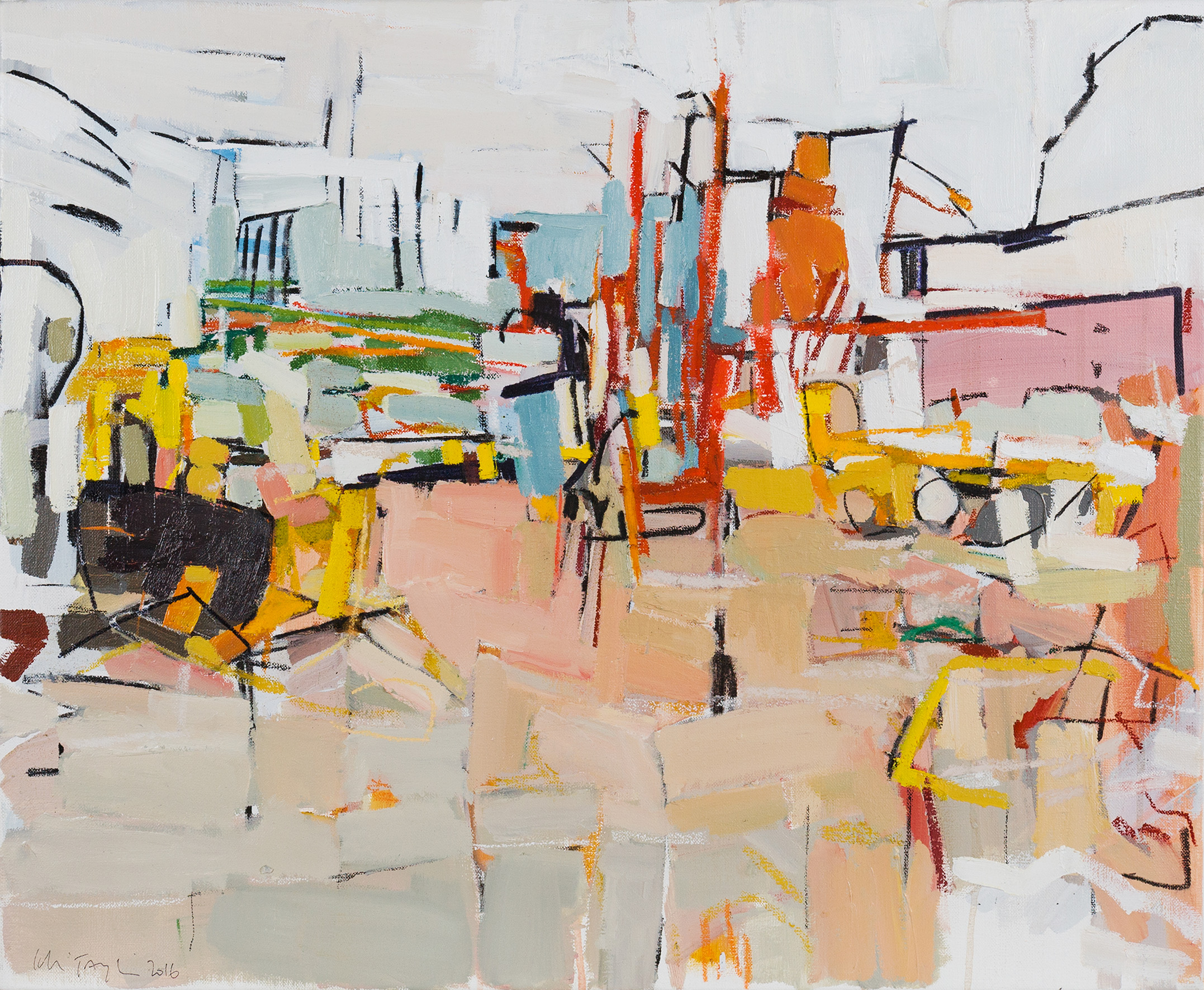Almost 20 years ago, Pulp released their career-defining album Different Class. Along with the Yanis Varoufakis-approved anthem Common People, it also featured a song called Something Changed. In the song, which is a delicate strum-a-long until some easy-listening strings send it soaring, St Jarvis of Intake ruminates on the temporal singularity around which a relationship was once conjured into existence.
The lyric tells of an ordinary Sheffield evening when he might have stayed in or gone out to the cinema, but in the end did neither of those things. He went to the Leadmill and met the unnamed individual to whom the song is addressed. And thus a seemingly insignificant decision became a moment to be remembered. Or, at least, to be turned into Mercury Prize-winning gold.
When contemplating matters of philosophy, I don’t refer to the works of Jarvis Cocker very often, but he does have a habit of whisking the most mundane of thoughts into a head-spinning whirl. It’s a quality shared by Nick Payne’s twinkling pin-prick of a play, Constellations, currently on tour from London’s Royal Court, in which the cosmological concept of the multiverse becomes a clever theatrical conceit. This is the idea that every decision we make spawns an entire new universe in which the alternative course of action – the path we didn’t take – actually occurs.
On a pitch-black stage hung with a cumulonimbus of balloons, Marianne and Roland meet at a barbecue. There is flirting and rebuttal. Then there’s a crackle and a flash, and the brief scene replays. Except this time it’s different. Just a word out of place. Another electrical discharge in the heavens, and the scene runs again. Roland is married; Marianne’s flirting falls flat. And again the scene plays through once more, this time seeming to branch off and turn in on itself, heading off in yet another direction like an endlessly spiralling rave-video fractal, and slowly, ever so gradually, a narrative thread begins to unwind.
Except there’s never just one thread to this story. It’s a yarn that constantly frays and splits, the same scenes playing over and over with ever-shifting cadence and emphasis, the story turning on one altered word, on a fold of the arms or a turn of the head. Sometimes Marianne and Roland are in the throes of gigglesome first love; then the same moment replays and they’re nervous and uncertain, apprehensive and wary. In one moment their words seem to mean what they say; in the next, the words sound hollow, undermined by body language and mood.
 So, on the surface, Constellations is a love story, one of those Truly Madly Deeply affairs that hurls two middle-class types into a tastefully-furnished tumult of passion and artisan honey. And if that was all it was then I’d be giving it short shrift. Nothing grinds my gears quite like a self-consciously poignant rom-com. But while Constellations has plenty of rom and some brilliant com, its core is an existential conundrum about finding wonder in a purposeless universe. And that’s something even I can enjoy.
So, on the surface, Constellations is a love story, one of those Truly Madly Deeply affairs that hurls two middle-class types into a tastefully-furnished tumult of passion and artisan honey. And if that was all it was then I’d be giving it short shrift. Nothing grinds my gears quite like a self-consciously poignant rom-com. But while Constellations has plenty of rom and some brilliant com, its core is an existential conundrum about finding wonder in a purposeless universe. And that’s something even I can enjoy.
For all that it often bobs and weaves like a feather on the breeze, it can also seem hurled like a rock; its target is the human habit of projecting patterns onto the cosmos, and at its best it shows up all those fatuous ‘everything happens for a reason’ Facebook updates for the lies they really are. There’s a moment when this theme explodes in glorious fashion as the now terminally ill Marianne lambasts the twee in memoriams and platitudes on an internet forum for the recently bereaved.
“If you put a photo of me on a fucking forum,” she bellows at Roland, “I’ll haunt the shit out of you.”
Yes, that’s right, Marianne is terminally ill. But what could become sickly and slippery instead serves as the grit that gives the story its purchase. These are two people potentially weighed down by destiny – ‘Why me? Why us? What did we do to deserve this?’ – but Constellations steadfastly insists that the universe administers neither pleasure nor punishment. Consequences can accumulate delightfully, but they can also divide and mutate just like cancer. And it’s happening all the time, not just when you’re paying attention.
This is where Constellations departs from Jarvis Cocker’s reading of chance. Because his insight in Something Changed is predicated on the fact that his significant relationship turned on a single momentous choice; that one decision was the fulcrum on which rested his life. Constellations seems to deny the concept of significance; its argument is that every moment carries weight, that potential possibilities constantly diverge, that we have no pre-destined happy-ever-after or tragedy, but rather a series of fractured moments that we must make the best of while we can. We may project significance, but to the universe, all moments are equal.
Sorry Jarvis, but that’s how it is.
Watching Constellations is a bit like witnessing an actors’ masterclass, a workshop for performers honing their technique. We can imagine the director scribbling notes and calling out from a coffee-ringed rehearsal room desk, ‘OK, let’s try that again, only this time with more irony/ebullience/rage’.
Louise Brealey as Marianne and Joe Armstrong as Roland are both exceptional, managing to wrench infinities of meaning from identical phrases again and again. The dialogue is delicious, the direction (by Michael Longhurst) is tight, and the disarming simplicity of Tom Scutt’s party-shop set conceals a tangle of metaphor. Are they balloons or storm clouds? A brain or some stars? Are they cells, or are they atomised souls? 
I enjoyed Constellations very much and if there was a feeling at the end that perhaps it didn’t quite deliver the intensity that the subject matter and setting might have led me to expect, it was a minor disappointment. In truth, it’s more naturally a studio show than a main house production, and even in a modestly-sized main room like the Liverpool Playhouse, a little of its energy dissipates when you can’t see the whites of their eyes. It originated in the Royal Court’s Jerwood Theatre Upstairs, seating 90, and it would be a treat to see it somewhere so small.
But having enjoyed a West End transfer and a spell on Broadway, its success means it has outgrown those humble roots. And you should still go and see it because it’s worth your attention – and besides, there are infinite possible universes in which to stay at home watching TV.
What: Constellations
Where: Liverpool Playhouse and touring
Tour information: www.royalcourttheatre.com/whats-on/constellations-uk-tour?gclid=CNKc7pOP2cUCFWuWtAodiVsA9A












